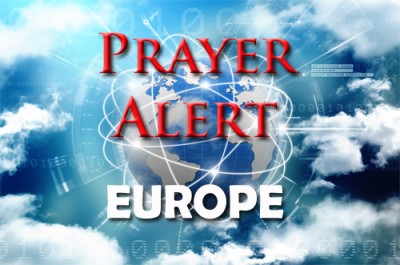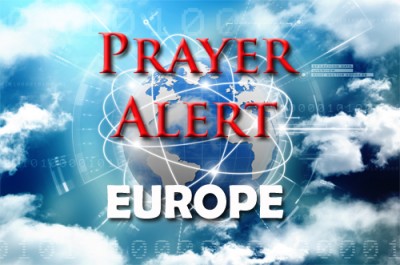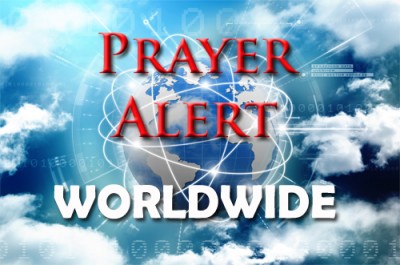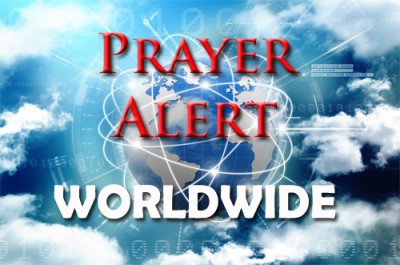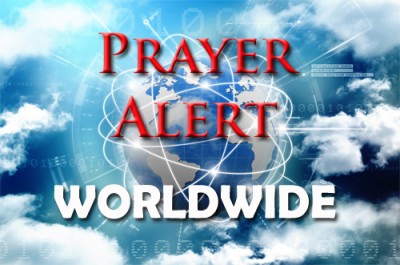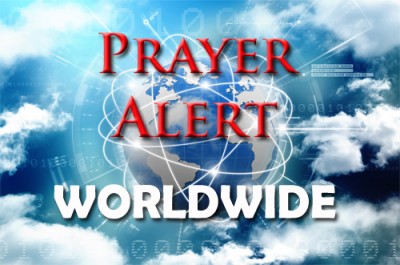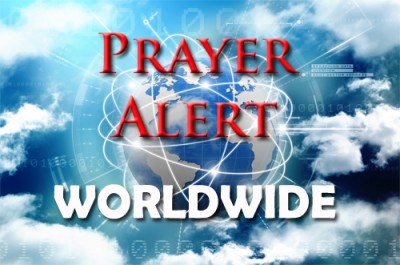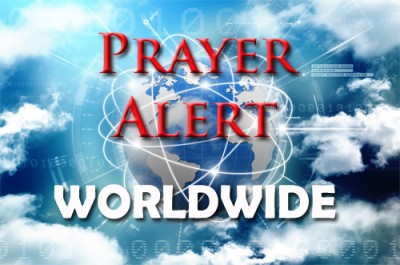Russia: Putin’s popularity decreasing
11 Oct 2018A survey by the independent pollster Levada Centre shows the number of Russians regarding Putin as Russia’s most trusted politician has fallen significantly recently. The survey asked respondents to list five or six politicians whom they trusted the most. Although Putin was first with 39%, trust in him had fallen 9% since June and a total of 20 percentage points since November. He recently signed into law an unpopular bill that gradually increases the state retirement age to 60 for women and 65 for men. Most ordinary Russians are deeply opposed to the reforms, which sparked rare street protests across the country. Putin’s lowest-ever rating in a Levada poll came in 2013, when only 30% said he was a trusted politician. Then his popularity surged to over 80% after Russia annexed Crimea from Ukraine.
Europe: kicking the plastic habit
11 Oct 2018The EU is taking a hard line on single-use plastics, with the European parliament's environment committee voting to bolster the Commission’s plastics policy. The report now lays out bans on plastic straws, plastic cutlery, and expanded polystyrene food packaging, as well as committing countries to cutting down on other plastics. It now faces a final vote later in October.
Australia: ‘after-birth abortion’
11 Oct 2018Researchers claimed in the Journal of Medical Ethics that if a baby is born with a disability that was not previously detected, or if a mother is unwilling to care for the infant, it should be legal to kill the baby in a procedure called ‘after-birth abortion’. They argued that if a condition that justified abortion is only discovered after the baby’s birth then the same rule to kill the child, after birth, should apply. ‘New mums’ should be allowed to ‘abort both healthy and disabled babies once outside the womb in a quick and painless act’. They added, ‘Such circumstances include cases where the newborn has the potential to have an acceptable life, but the well-being of the family is at risk.’ These views received much criticism. In defence the journal’s editor said that similar arguments appear in academic literature by the most eminent philosophers and bioethicists in the world.
Maldives: break the cycle of impunity
11 Oct 2018An ethical cloud is over the Maldives, an idyllic tropical holiday destination. Islands and submerged coral lagoons have been leased out to tourism developers in no-bid deals. At least US$79 million from the lease fees was embezzled into private bank accounts. The scandal involves local businessmen and international hotel operators, and leads all the way to outgoing president Abdulla Yameen. Transparency International and Transparency Maldives urge all politicians and civil servants involved in the transition to the newly-elected government to ensure that there are no further secret deals to allow those connected to corruption to escape accountability. It was revealed that in the eighteen months before the 23 September election which ended President Yameen’s presidency, senior government officials leased out 50+ islands at a fraction of the original price, and Yameen anonymously received US$1.5 million. See also
New UN report on climate change
11 Oct 2018Following the remarks to the UN about climate change by Dominica’s foreign minister (see https://www.prayer-alert.net/worldwide-pa-site/item/11038-un-assembly-climate-change-a-global-responsibility), on 7 October a UN intergovernmental panel added to that warning by stating that preventing an extra single degree of heat could make a life-or-death difference in the next few decades for multitudes of people and ecosystems on this fast-warming planet. It detailed how weather, health and ecosystems would be in better shape if the world’s leaders limited future human-caused warming to half a degree, instead of the Paris-agreed goal of 1 degree. Meeting the more ambitious goal requires immediate cuts in emissions of heat-trapping gases and dramatic changes in the energy field. The panel said it is technically possible, but saw little chance of the needed adjustments being made by every nation. See also the article ‘Bishop challenges Government on climate change’ in the UK section.
India: Christian wives wait for justice
11 Oct 2018Ten years ago, three illiterate Christians from a remote area in Odisha state were arrested. Two months later four other Christians were arrested. They are all still in jail charged with the 2008 murder of a Hindu leader that triggered the worst anti-Christian violence in India, orchestrated by a Hindu nationalist group claiming that the murder was a ‘Christian conspiracy’. They were convicted to life imprisonment even though two trial court judges openly indicated during the trial that the accused were innocent. In 2015, two top police officials (who had relied upon the same conspiracy theory to ensure the conviction of the innocent Christians) testified before a judicial inquiry commission that allegations were false. Despite this, the appeal hearing has been constantly postponed.
Nigeria: action needed
11 Oct 2018Reconciliation seems far away between Christian farmers and Muslim herdsmen in Nigeria’s middle belt areas. Christians fled to Plateau and Benue states because of discrimination and attacks from Boko Haram in the north,but now they are being killed and having their homes torched by Muslim Fulani herdsmen. Over 56 villages have been attacked this year, three in the past week. It is a religious battle and a battle over land. There is no reconciliation in sight, and the attitude of government is not helping. Governments should protect their people, but this government has allowed the people to be continuously attacked. Some Christians are having their faith eroded, while many are holding on trusting in God. A local farmer said, ‘We believe God will come through for the church as believers stand with us worldwide in prayer - He will sort out these issues’. Pray for those carrying the burden of housing people who have fled persecution.
Global: severe weather on 11 October
11 Oct 2018In eastern India a 140-165 km/hr cyclone called Titli ravaged Odisha. All buildings were closed, 300,000 people were evacuated, and 1,112 relief camps opened for evacuees from five coastal districts. 123 pregnant women were moved to hospitals. ‘The entire nation is with you’, tweeted President Ram Nath Kovind. Pray for those now working to clear roads, restore power, minister medical care and comfort those in shock or mourning. In North America 155 mph Hurricane Michael became a tropical storm as it moved from Florida to Georgia. It was described as one of the most powerful hurricanes to ever hit the US. A total of about 370,000 homes and businesses were without power across Florida, Georgia and Alabama. See In Majorca 9 inches (23 cm) of rain fell in four hours, causing flash floods that killed at least ten. See Meanwhile, In Indonesia, the death toll has risen to 200, but 5,000 are still missing.
